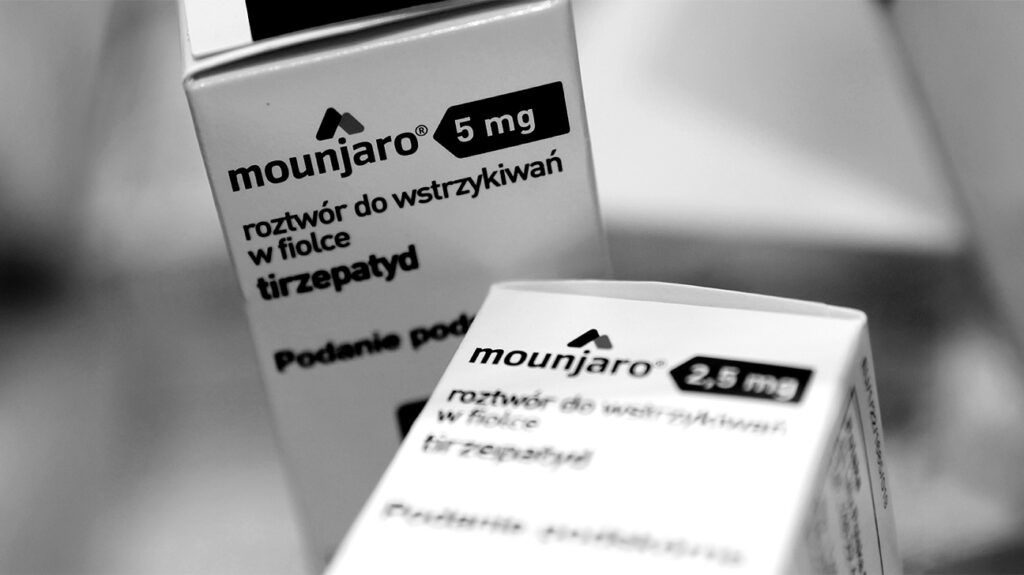New Study Challenges the Use of Beta Blockers After Heart Attacks, Especially in Women

New research from the REBOOT Trial questions the routine use of beta blockers after heart attacks, highlighting increased risks for women with normal heart function and suggesting a need to revise treatment guidelines.
Recent research from the prestigious REBOOT Trial has raised important questions about the longstanding use of beta blockers in post-heart attack care. While these drugs have been standard treatment for over four decades, new evidence suggests they may not provide the expected benefits for certain patient groups. The trial, led by Valentin Fuster of Mount Sinai, involved over 8,500 patients across Spain and Italy, and found no significant reduction in death, recurrent heart attacks, or heart failure hospitalizations among patients who took beta blockers after recovery from an uncomplicated myocardial infarction with preserved heart function.
Interestingly, a subgroup analysis revealed that women treated with beta blockers experienced a higher risk of adverse outcomes, including increased mortality, compared to women who did not receive the medication. Specifically, women with normal cardiac function (left ventricular ejection fraction ≥50%) faced a 2.7% higher absolute risk of death over nearly four years. Conversely, men did not experience these increased risks. These findings suggest that the routine prescription of beta blockers for all heart attack patients, particularly women with intact heart function, may need reevaluation.
The medical community has historically prescribed beta blockers post-heart attack because of their role in reducing cardiac oxygen demand and preventing arrhythmias. However, advances in acute care—such as rapid coronary artery reopening—have significantly reduced the need for such medications in uncomplicated cases.
The implications of the REBOOT Trial are profound, as it challenges current guidelines and calls for more personalized treatment strategies. With mounting evidence, clinicians may consider withholding beta blockers in specific patient groups, especially women with preserved ejection fraction, to avoid unnecessary side effects like fatigue, low heart rate, or sexual dysfunction. This research underscores the importance of continually reassessing standard practices to align with the latest scientific data, ultimately aiming to improve patient outcomes and quality of life.
Stay Updated with Mia's Feed
Get the latest health & wellness insights delivered straight to your inbox.
Related Articles
Advances in Diagnosing and Treating NUT Carcinoma: New Insights from Dana-Farber Study
New research from Dana-Farber highlights improved diagnostic methods for NUT carcinoma, an aggressive and often underdiagnosed cancer, emphasizing early detection and targeted testing for better patient outcomes.
FDA Grants Breakthrough Status to AI-Driven Breast Cancer Risk Assessment Tool
A novel AI-powered mammogram analysis tool from Washington University has received FDA breakthrough status, promising more accurate five-year breast cancer risk predictions to improve early detection and prevention.
Revolutionary AI Tool Promises Better Diagnosis and Management of Type 1 Diabetes
A new AI-powered risk assessment tool utilizing microRNAs offers early detection and personalized treatment predictions for type 1 diabetes, promising to revolutionize disease management.



